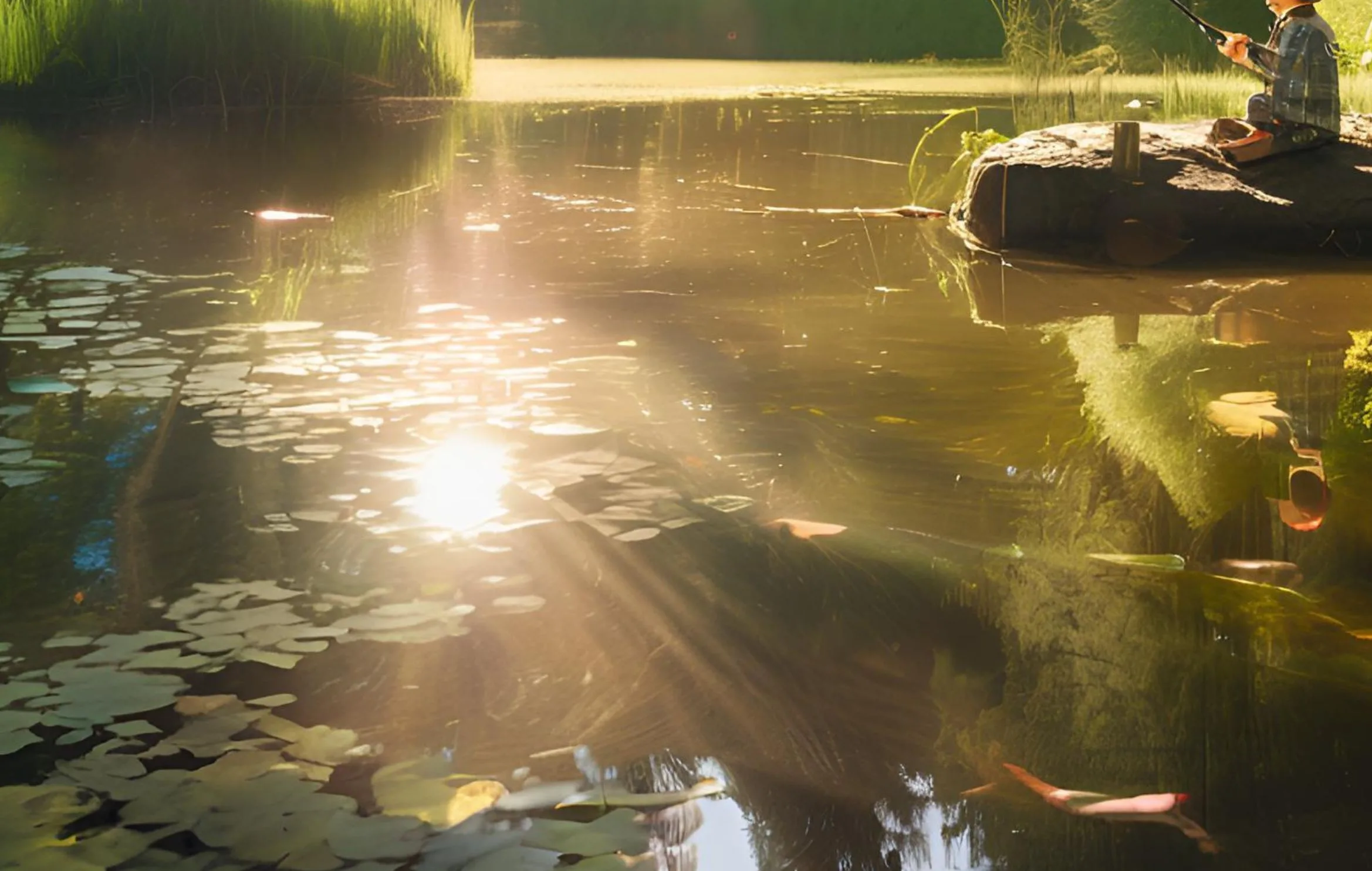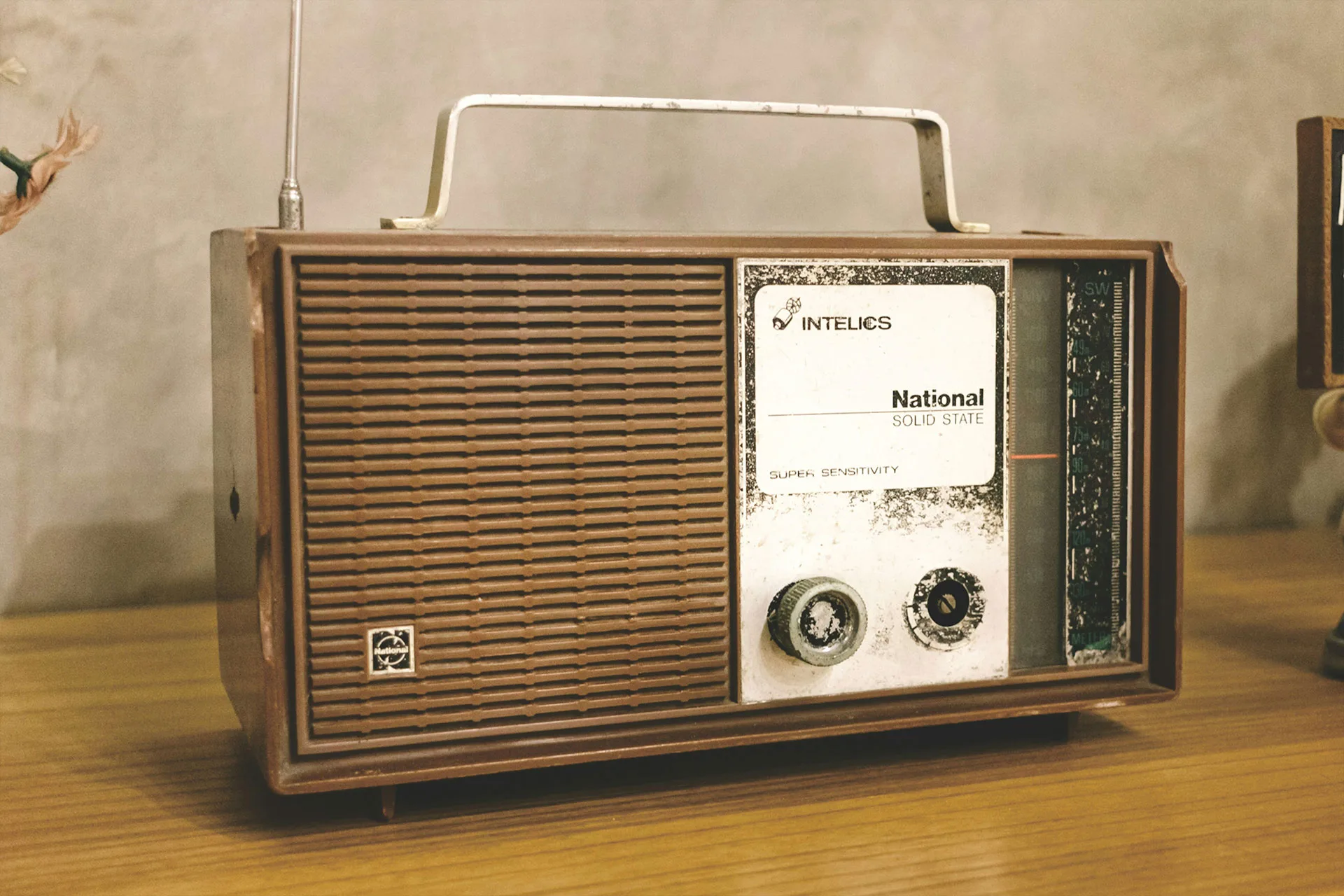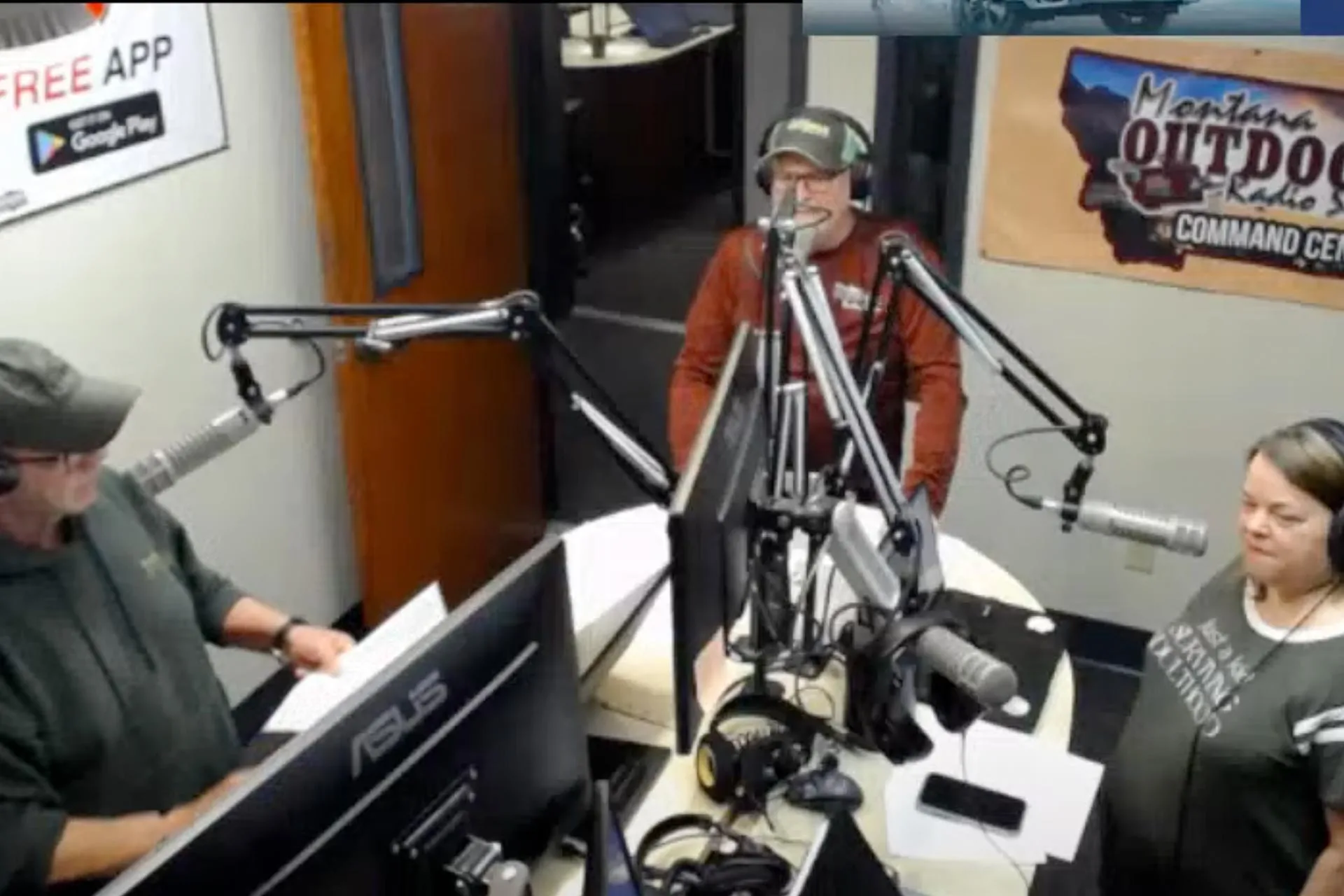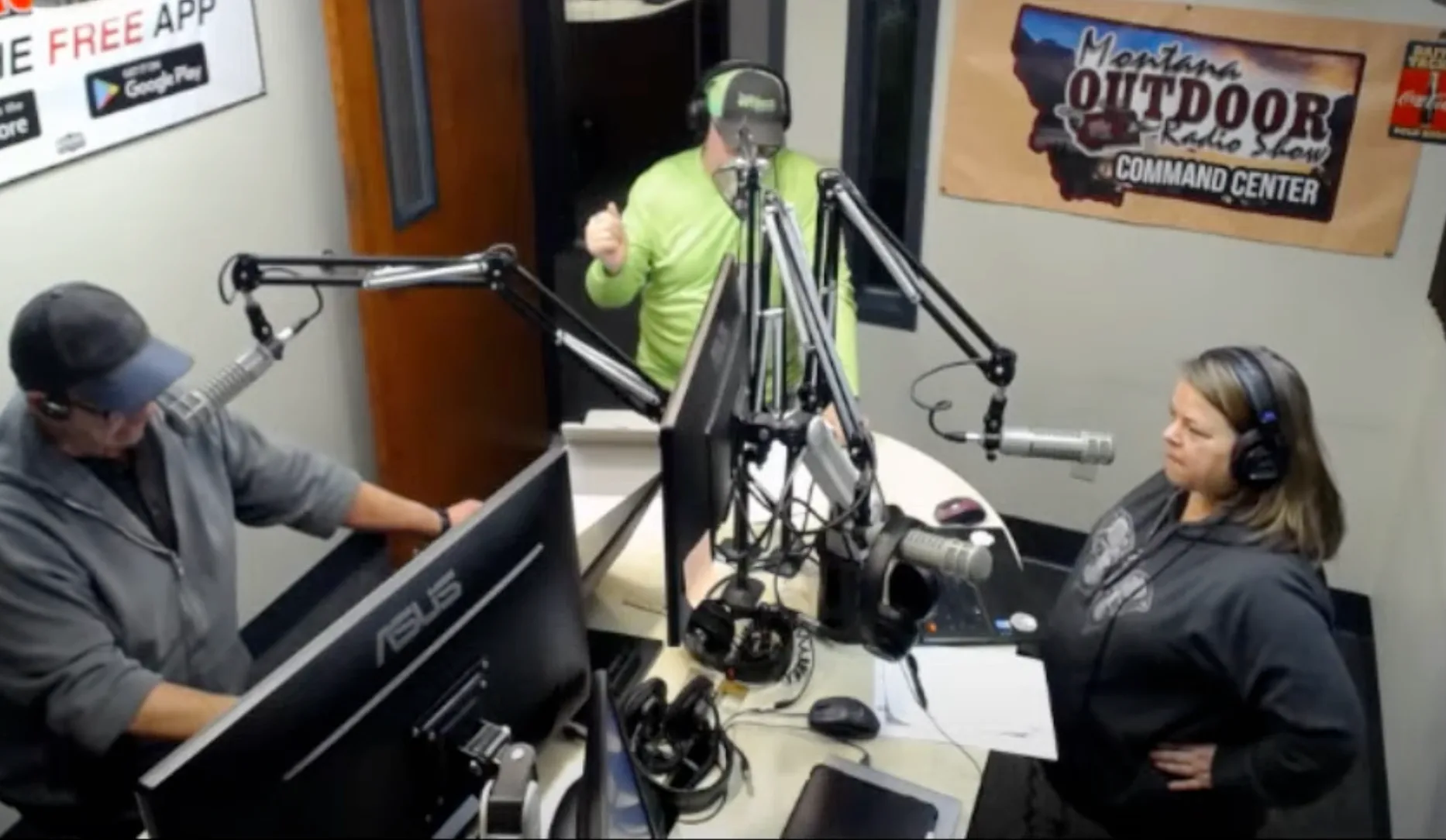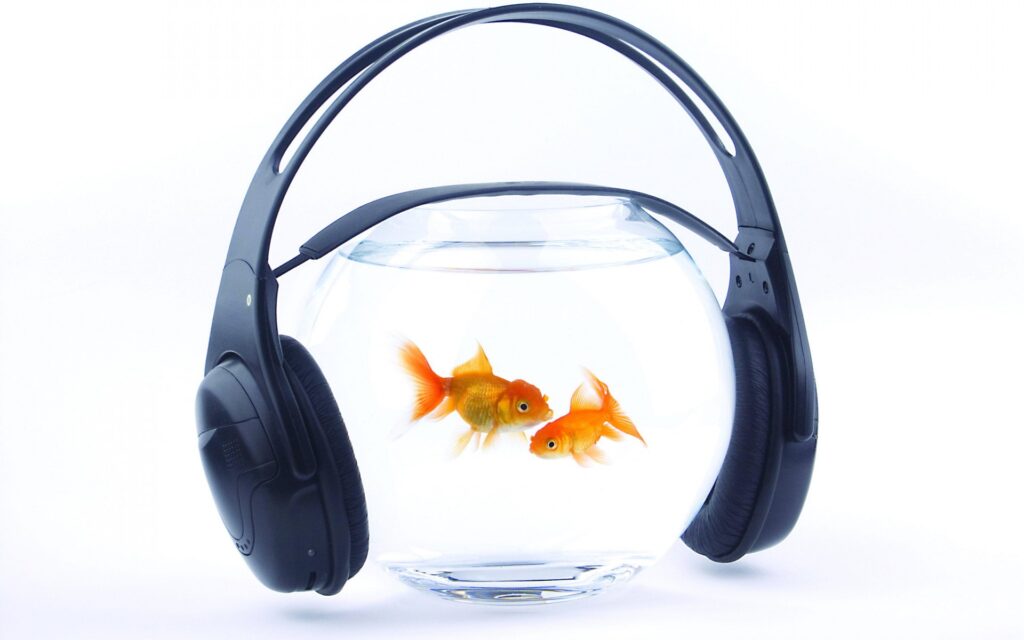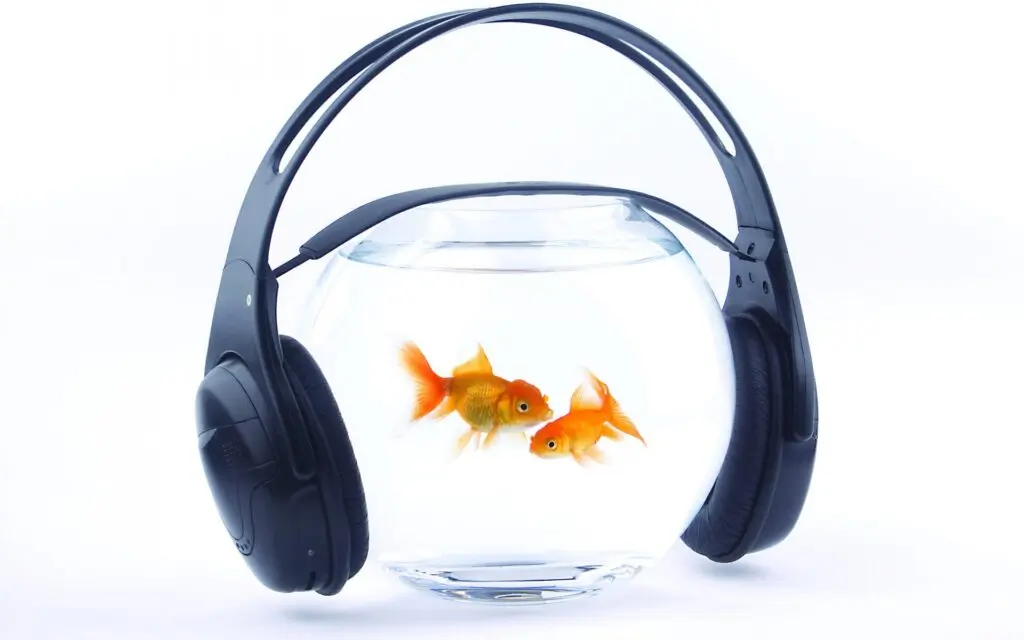BRETT FRENCH | bfrench@billingsgazette.com
In a state known for its great river and lake fisheries, private fish ponds are still very popular.
For example, on the last day of 2024, Montana Fish, Wildlife & Parks’ Region 3 supervisor approved a half-acre private fish pond license for a landowner who lives only 200 yards away from the East Gallatin River. The license is good for 10 years and cost only $10.
The Montana Legislature is now considering House Bill 74, which would raise the fee for private fish ponds to $600. As originally written, the license would be good for five years. But the bill was immediately amended by Rep. Russ Miner, a Great Falls Republican, to last for 10 years.
Hearing
A hearing on the bill was held on Jan. 13 by the House Natural Resources Committee. Rep. Ken Walsh, R-Twin Bridges, introduced the bill on behalf of the Water Policy Committee, which he chaired. The interim legislative group ironed out the specifics of the bill during hearings held this past summer.
The goal of the water committee, Walsh told his fellow legislators, was to make the process “easy peasy” and to avoid “bureaucratic overindulgence.”
Yet Montana Fish, Wildlife & Parks needs to be involved in the process of fish pond licensing to avoid the inadvertent introduction of aquatic invasive species, bacteria, viruses and parasites into the state’s waters, he noted.
“Fishing is a big industry in Montana, tourism wise … so we want to make sure that we protect that natural resource for all of Montanans,” Walsh said. “So that is why there are regulations to take care of that.”
Cost to FWP
Landowners apply to FWP for a fish pond license. The agency then conducts an environmental assessment to consider potential impacts and issues a decision notice, either approving or disallowing the request.
However, the cost to FWP for conducting the analysis is not covered by the minimal $10 fee. Instead, the agency relies on general license dollars paid by sportsmen and women to cover the difference in cost.
“So one of the goals that we wanted to remedy in this bill was making the cost associated with the permit for private fish ponds more commensurate with the expense incurred by the department to administer the program,” said Clayton Elliott, of Montana Trout Unlimited, who worked with the Water Policy Committee to develop the legislation.
In addition to raising the initial fee, the renewal fee of $10 is proposed to be increased to $250.
FWP calculated its cost of administering a fish pond license at $1,700 over 10 years. Elliott noted that rather than assess landowners the actual cost, the decision was made to cut the license to five years and lower the fee.
Based on FWP’s figures, the total cost of administering the program is more than $67,700 a year, of which only about $2,400 is covered by permit fees. Over a 10-year period, the department projected a cost of more than $677,000 with the current fees only covering about $24,000 of that expense.
A fiscal note attached to the bill projected the increase in fees would provide FWP with roughly $72,000 a year of income to cover its costs.
Rep. Jill Cohenour, D-East Helena, noted that even with the proposed fee increase, FWP would be covering less than half of its costs under the five-year renewal initially proposed. Extending the renewal to 10 years would mean even less revenue for FWP.
“We’re not asking for the owners of private fish permit ponds to pay their entire way, but we’re asking to meet halfway at least,” Elliott said.
Adam Strainer, FWP Fisheries Division administrator, said the department doesn’t typically investigate ponds when the license comes due for renewal.
Opposed
Former Montana Republican legislator Rick Jore, of Ronan, was the lone opponent testifying against the bill. Jore said he’d been raising fish since he was 13 years old and has long operated Westslope Trout Co. at the base of the Mission Mountains. The company is one of only seven commercial fish ponds in the state.
Jore’s company provides fish to private pond owners, not only in Montana but also other states. FWP’s state hatcheries can only provide fish to pond owners who allow public access. Consequently, most fish for private pond owners come from businesses like Jore’s.
“This business has never been something that I’ve been able to make a living on entirely,” Jore told the legislators. “It’s just one of things that I do.”
He added he is “generally opposed to increases in fees and regulation” partly because it’s not easy for him to increase his revenue to offset the additional cost.
Under HB 74, commercial fish ponds that sell fish or eggs must provide an annual corporate surety bond for $2,500, an increase from the existing $500 bond. Such commercial ponds are also required to file annual reports to the department detailing where fish or eggs have been transferred and are subject to FWP testing, which requires fish to be killed for tissue samples.
Fish killed by the department, Jore said, are also an expense for the commercial pond owner that he estimated was hundreds of dollars.
Commercial licenses are required to be renewed annually, which has also cost only $10 a year.
Jore argued fish ponds should be considered a public benefit since many wildlife species eat fish.
“A huge percentage of the fish I put in ponds is enjoyed by the wildlife more than by the pond owner,” he said.
Jore also contended having a fish pond is a private property right and that assessing fees is a diminishment of his private property right while benefitting the public.
“Therefore, I think it’s appropriate that the cost be spread across the entirety of the Fish and Game budget,” he said.
Why?
One of the main reasons for having fish pond oversight is to ensure the type of fish the landowner is proposing to stock is suitable to the area. Should the fish escape, FWP is concerned they not be nonnative. For example, largemouth bass escaping into a public waterway that is mainly home to trout.
“At the heart of the matter are two things,” Elliott said. “One is the risk and threat of introductions of illegally introduced fish. So those are the kind of fish species that don’t necessarily blend well with the other fish in an area.
“The other is pathogens,” he continued. “Think about whirling disease, a great example. Whirling disease was actually something that came from a private fish pond, originally in the state of Montana.”
A third concern is aquatic invasive species such as New Zealand mud snails and quagga mussels.
“So that is what we’re trying to prevent,” Elliott said.
When illegal or invasive species are introduced, the cost to FWP for cleanup can range from $900 to $75,000, he added.
Background
On average every year, FWP deals with 200 new or renewed private pond permits. Since 1945, when permits were first required by law, FWP has approved more than 10,000 private fish ponds across the state.
Maybe not surprisingly, considering its one of the wealthiest regions in the state, requests for new and renewed fish pond licenses is highest in southwestern Montana’s Region 3. On average, the region deals with 70 permits a year, about half of which are new requests. Region 4, headquartered in Great Falls, was second with 50 a year.
Requests from landowners include those living in the posh Big Sky community – again, an area not far from numerous mountain lakes and creeks as well as the Gallatin River.
Private fish pond owners tout the water bodies for providing benefits such as a place for friends and family to catch fish without having to travel. The water can also be used to train hunting dogs, to attract waterfowl and even to supply water for irrigation of lawns, gardens and flower beds.
In closing on the bill, Rep. Walsh noted, “I’m an advocate for private property rights, but also advocate for making sure that we don’t have invasive species coming in and disturbing our natural habitat as we have today.”

